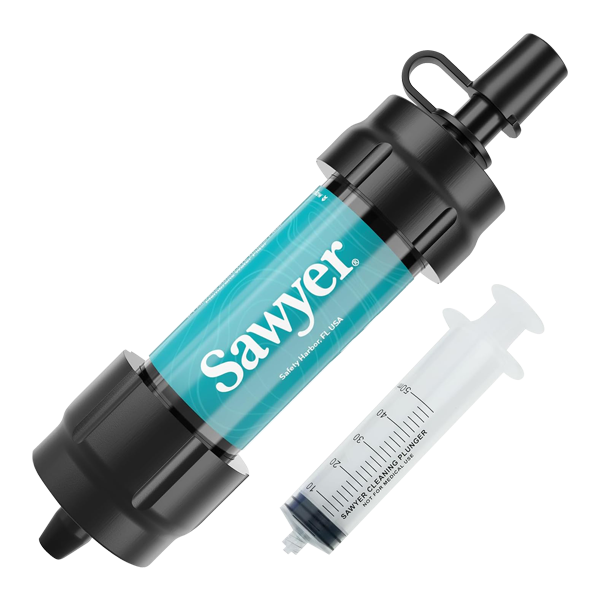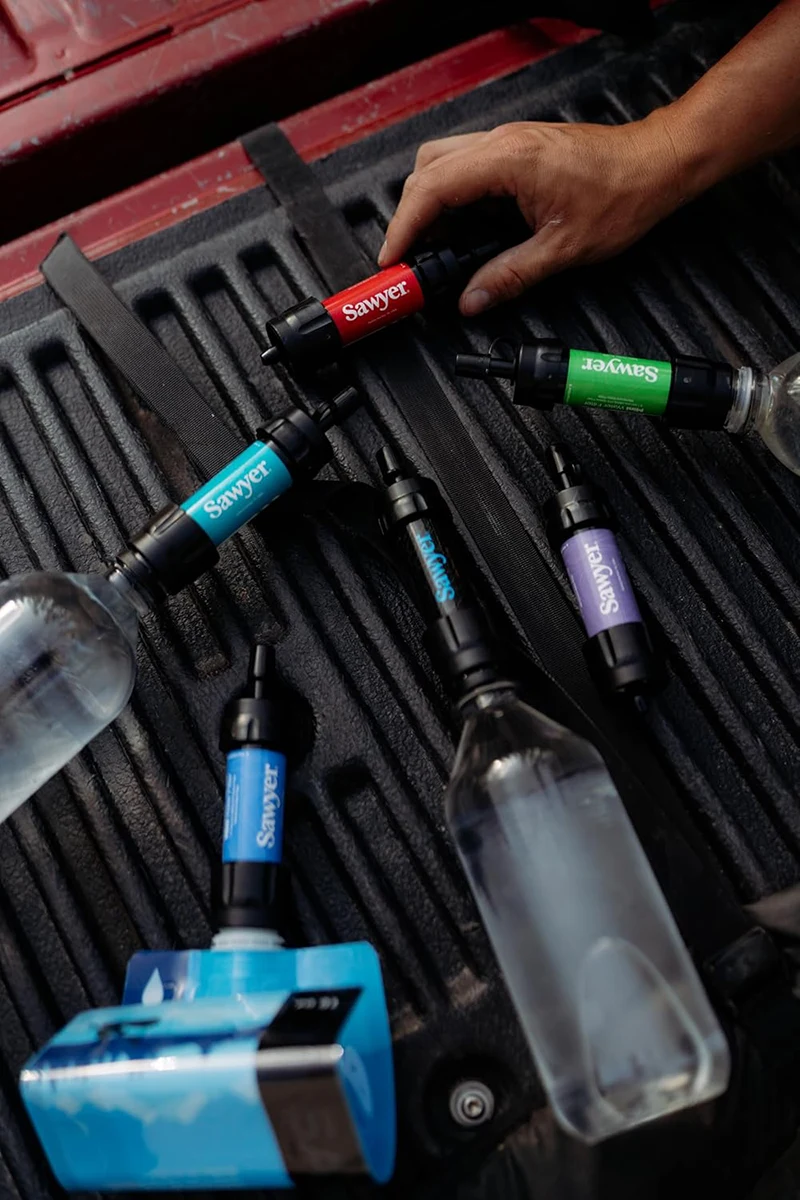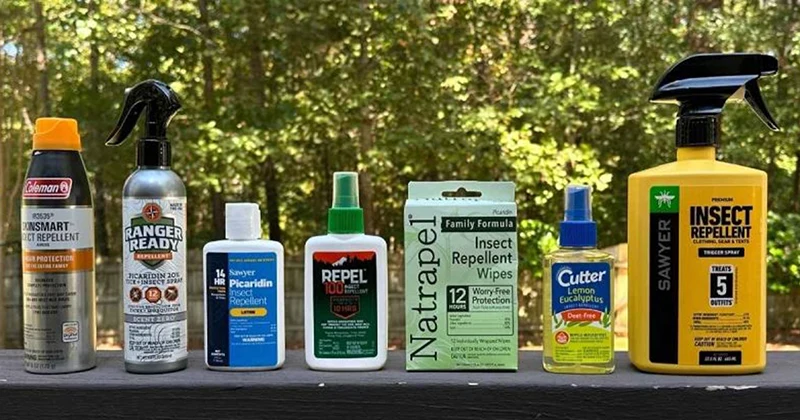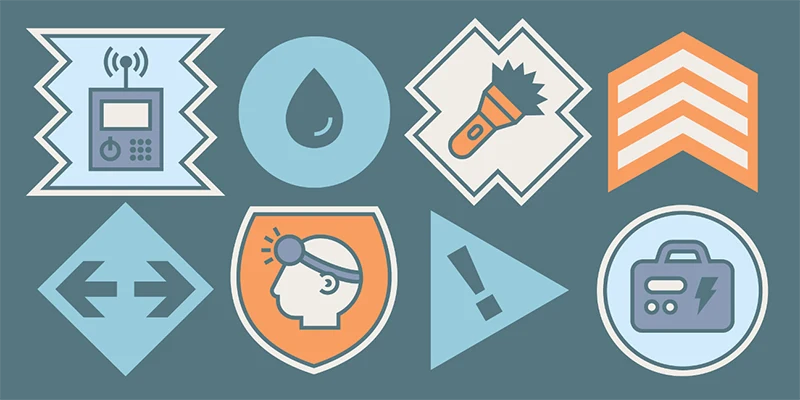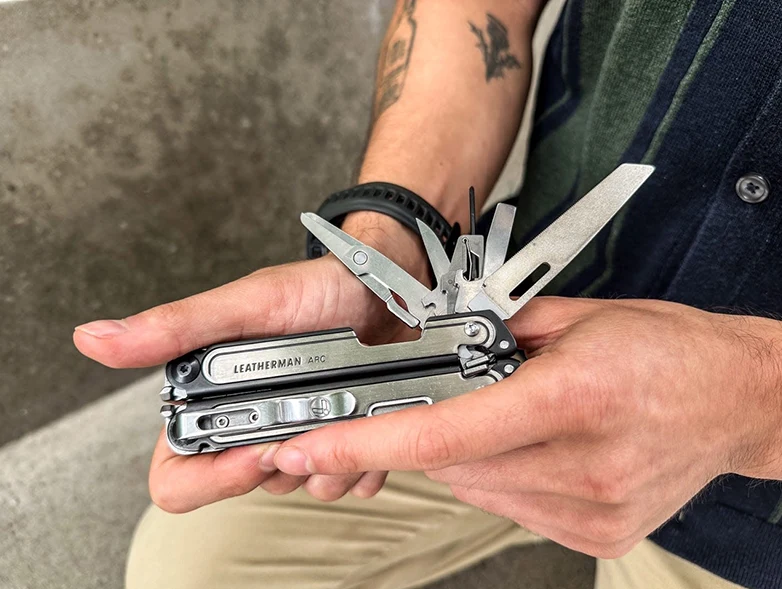Do Travelers Still Need to Worry About the Zika Virus in 2020? - Smarter Travel
Do Travelers Still Need to Worry About the Zika Virus in 2020? - Smarter Travel

Do Travelers Still Need to Worry About the Zika Virus in 2020? - Smarter Travel
YouTube video highlight
Although a lot has changed since the Zika outbreak in 2015-16, Zika is still a concern for some travelers.
Read more about the projectDo Travelers Still Need to Worry About the Zika Virus in 2020?
Although a lot has changed since the Zika outbreak in 2015-16, Zika is still a concern for some travelers.
What’s Changed with Zika Since 2015-16?
The good news is that there were no reported cases of local mosquito-borne Zika virus transmission in the continental U.S. in 2018 or 2019. There are also several clinical trials in progress that are investigating a vaccine, according to Dr. Ashley Lipps, an infectious disease physician at The Ohio State University Wexner Medical Center. But currently, there is no specific antiviral medication that has proven to be successful.
Dr. Amesh A. Adalja, a Senior Scholar at Johns Hopkins Center for Health Security, advises that “the circulation of the virus has gone down since its peak in this hemisphere [Western] as so many were infected in the first waves, that immunity in the population is high. It will continue to be a threat in the future though as the requisite mosquito populations are in place in many areas and there is no vaccine.” He also notes that vaccine development is ongoing but could take years.
Last year, the CDC updated its labeling system so you can tell if a country either has a current Zika outbreak, has ever reported Zika cases (past or current), has a low likelihood of Zika infection because of high elevation, has a mosquito type that carries Zika but no Zika cases, or has no mosquitos that spread Zika.
Read the full article by Ashley Rossi on Smarter Travel's website here.
Do Travelers Still Need to Worry About the Zika Virus in 2020? - Smarter Travel


Do Travelers Still Need to Worry About the Zika Virus in 2020?
Although a lot has changed since the Zika outbreak in 2015-16, Zika is still a concern for some travelers.
What’s Changed with Zika Since 2015-16?
The good news is that there were no reported cases of local mosquito-borne Zika virus transmission in the continental U.S. in 2018 or 2019. There are also several clinical trials in progress that are investigating a vaccine, according to Dr. Ashley Lipps, an infectious disease physician at The Ohio State University Wexner Medical Center. But currently, there is no specific antiviral medication that has proven to be successful.
Dr. Amesh A. Adalja, a Senior Scholar at Johns Hopkins Center for Health Security, advises that “the circulation of the virus has gone down since its peak in this hemisphere [Western] as so many were infected in the first waves, that immunity in the population is high. It will continue to be a threat in the future though as the requisite mosquito populations are in place in many areas and there is no vaccine.” He also notes that vaccine development is ongoing but could take years.
Last year, the CDC updated its labeling system so you can tell if a country either has a current Zika outbreak, has ever reported Zika cases (past or current), has a low likelihood of Zika infection because of high elevation, has a mosquito type that carries Zika but no Zika cases, or has no mosquitos that spread Zika.
Read the full article by Ashley Rossi on Smarter Travel's website here.
Do Travelers Still Need to Worry About the Zika Virus in 2020? - Smarter Travel


Do Travelers Still Need to Worry About the Zika Virus in 2020?
Although a lot has changed since the Zika outbreak in 2015-16, Zika is still a concern for some travelers.
What’s Changed with Zika Since 2015-16?
The good news is that there were no reported cases of local mosquito-borne Zika virus transmission in the continental U.S. in 2018 or 2019. There are also several clinical trials in progress that are investigating a vaccine, according to Dr. Ashley Lipps, an infectious disease physician at The Ohio State University Wexner Medical Center. But currently, there is no specific antiviral medication that has proven to be successful.
Dr. Amesh A. Adalja, a Senior Scholar at Johns Hopkins Center for Health Security, advises that “the circulation of the virus has gone down since its peak in this hemisphere [Western] as so many were infected in the first waves, that immunity in the population is high. It will continue to be a threat in the future though as the requisite mosquito populations are in place in many areas and there is no vaccine.” He also notes that vaccine development is ongoing but could take years.
Last year, the CDC updated its labeling system so you can tell if a country either has a current Zika outbreak, has ever reported Zika cases (past or current), has a low likelihood of Zika infection because of high elevation, has a mosquito type that carries Zika but no Zika cases, or has no mosquitos that spread Zika.
Read the full article by Ashley Rossi on Smarter Travel's website here.






.png)














